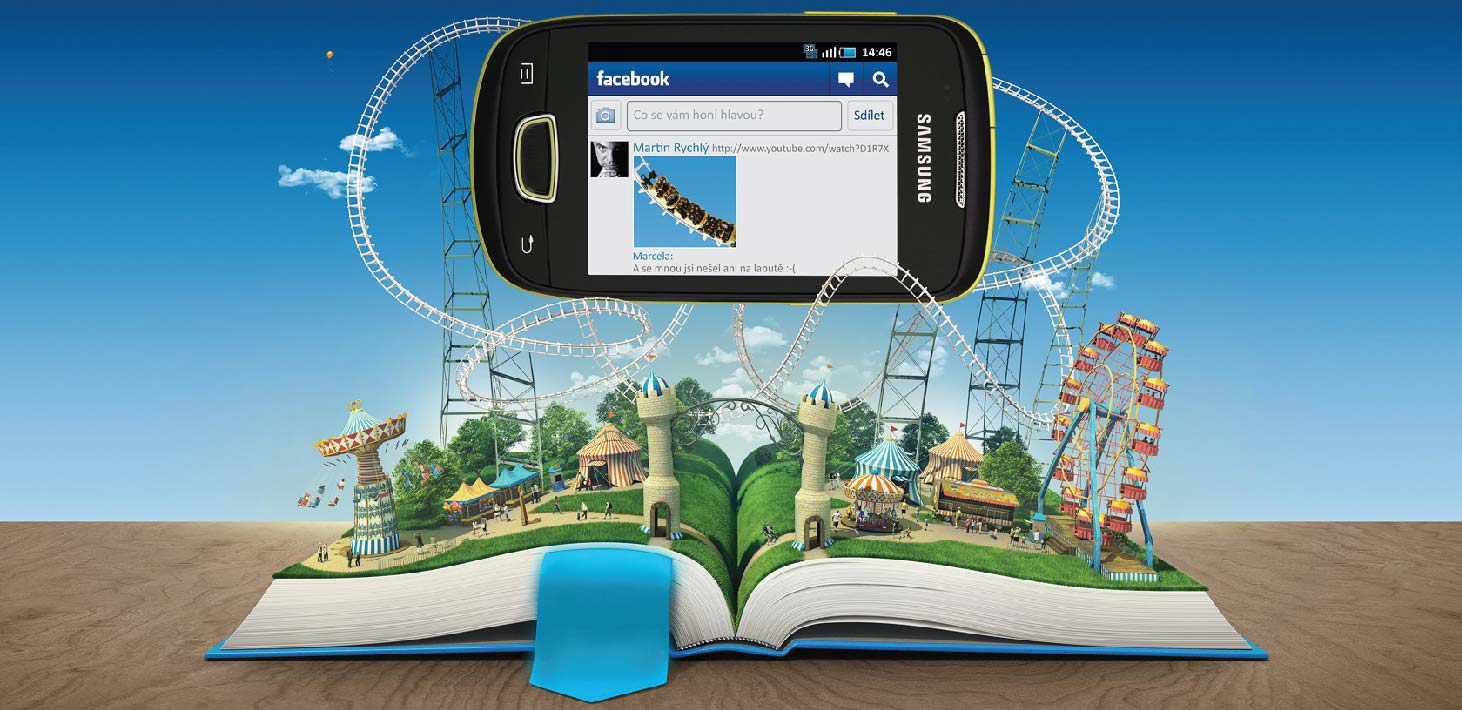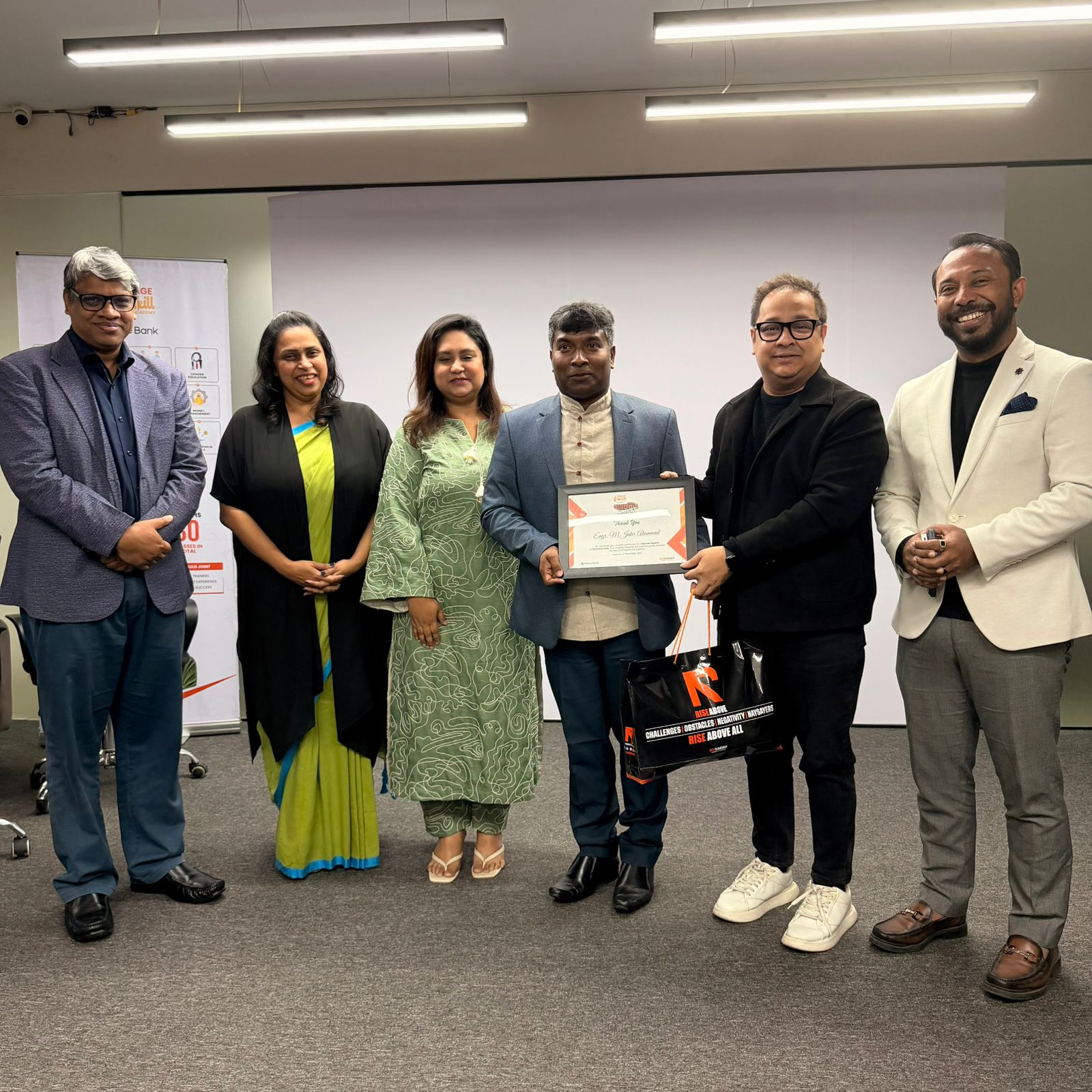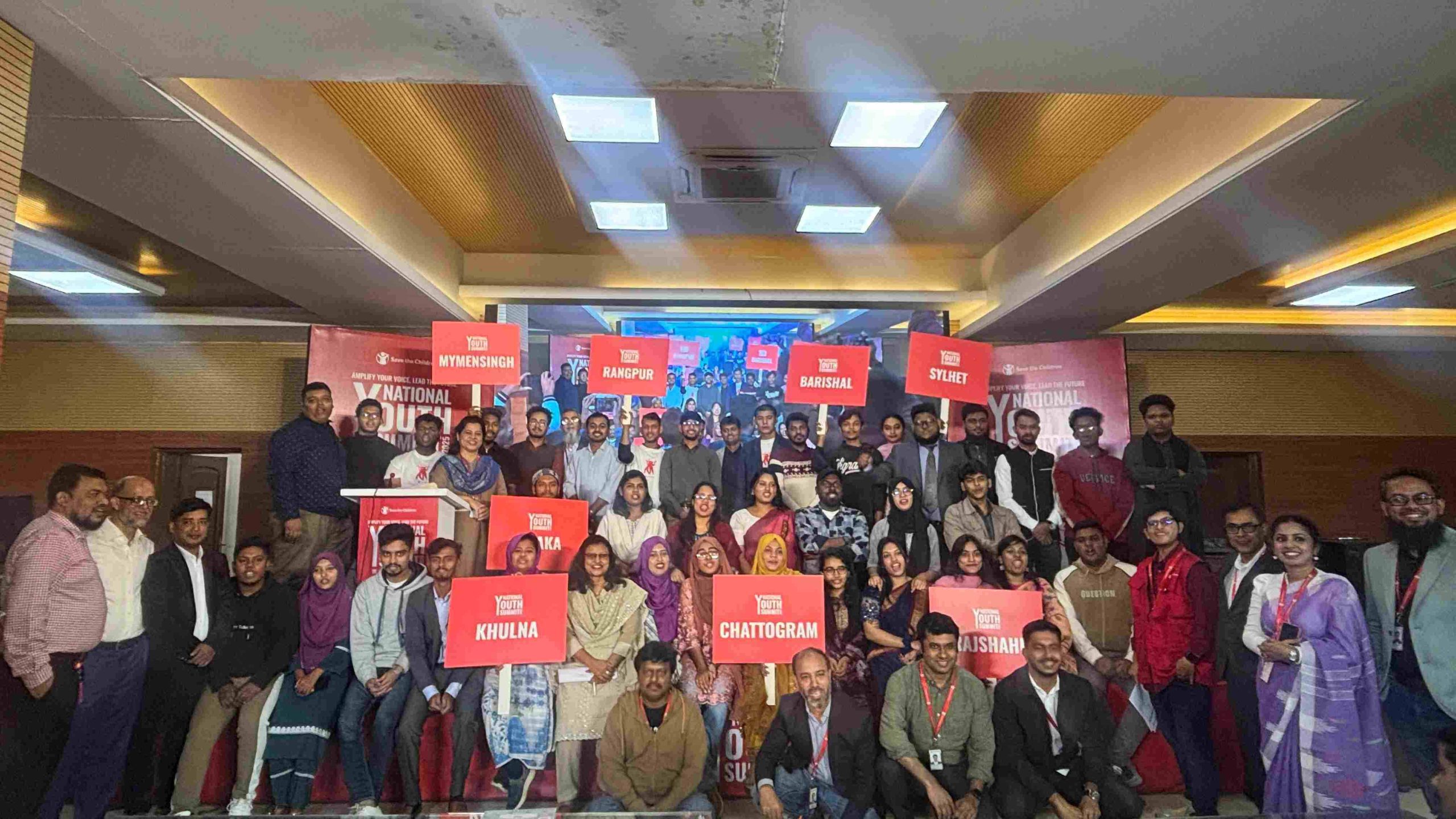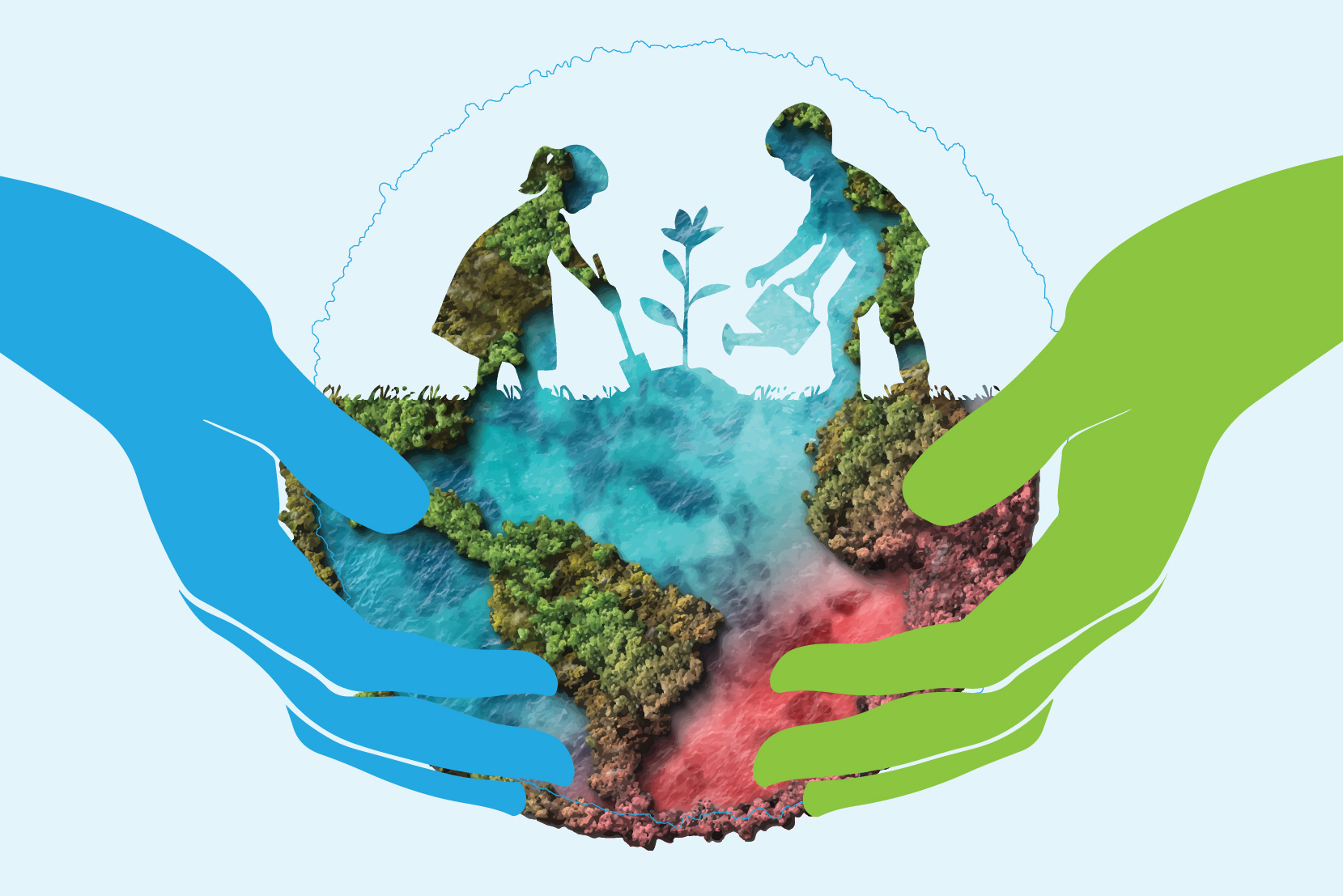How 3G is reshaping the telecom industry’s trajectory
By Ahmed Sharif
In June 2014, Airtel, one of the mobile phone service providersin Bangladesh, launched their ‘Mobile TV’ services. Company officials said that subscribers can watch TV channels, video channels, movies and even exclusive videos of Manchester United. The launching of the service through a ceremony with Airtel’s Chief Operating Officer attending just gave the indication of the importance of the service and how competitive the telecom industry has become since the introduction of the technology phenomena called 3G.Though important, such ceremonies were regular at all mobile phone operator offices.Mobile video is no longer an exclusive thing in Bangladesh. Within a very short time, services have jumped from being concepts to reality. After just over one year of inauguration of 3G, to assess the impact of such changes, it needs to be understood where the changes happed and how.
3G Lifestyle
The biggest change brought by 3G is in people’s lifestyle. ‘A smartphone with a mobile connection is more than just a phone; its part of one’s lifestyle,’ said one official working in the industry. Apps are at the heart of today’s smart-phones. An app may be able to provide information of various types, but that may be used very differently by different individuals. A same app may attract a woman with its beauty or culinary sections, while on the other hand, it may attract a journalist or a politician with its news section. Some of these apps may be so slow to download in 2G system that consumers would get tired. Websites took an age to download, which restricted their potential to attract people and also kept convenience out of people’s reach. Because of superior speed of 3G, operators can now offer a lot of new attractive benefits to consumers. 3G has opened a new level of opportunities for such apps. In fact, some industry people predict all big companies and brands having their own apps, which they would promote more than anything else.
Another aspect of communication that had been heavily influenced by 3G is mobile video calling. Because of the existence of a substantial Bangladeshi population in other countries, this service was embraced by a big chunk of the population. ‘There is at least one family member in every family or in their extended family who is studying in a foreign country. Not only that, there was a time when people used to travel to other countries once every five years, which has now increased to once every year. This higher mobility among the people has created a different kind of demand for mobile services,’ said one official.
The use of social media is another aspect that has seen a boom since the introduction of 3G. There is an increased amount of data sharing among the people which were not possible in the 2G days. Photo and video sharing has become a daily phenomenon. Such sharing has also pushed the boundaries of journalism with live streaming video and what not.
There is a debate as to what extent 3G services can possibly be developed in Bangladesh. ‘Using a mobile is a thing that people are always fascinated about. Can you show a single housemaid today who can’t operate a mobile phone? They can’t yet operate a smart phone, but they can probably understand what happens when a coloured picture is pushed. I don’t think its impossible to think that they would surprise you if they get a couple of days with a smart-phone. Because this doesn’t require a person to learn ABCD or rocket science,’ said one official working in the industry. He recognized the fact that a lot of traditional minded, but educated people cannot even save a number or type an SMS on a mobile phone. A lot of such people are also not interested to learn new tricks. So, using a mobile phone has less to do with a person’s educational qualification and more to do with embracing new things. The new generation has the thirst to get new things or to experience new things, whether they come from the higher economic order or lower.
Implementation and Competition
Some of the industry players think that implementation of 3G in Bangladesh was perhaps a bit late. They have cited examples of Nepal and Myanmar. Nepal has embraced 3G before Bangladesh even though it was much more difficult to implement it there because of hilly terrain. ‘Pakistan has launched 3G after Bangladesh. Yet, they are already going for LTE,’ said one official working in the industry. After 3G, the emergence of 4G and later technologies would be more like logical changes. But the change from 2G to 3G was like a giant leap forward. Industry people think that after a proper implementation of 3G in Bangladesh, a further upgrade would arrive much quicker than many people may think.
3G has made the market even more competitive. ‘During the 2G days, competition was in voice calls only. Now data services are within the realms of competition,’ said one official. ‘Just imagine the day when 3G was being promoted for the first time. One of the operators said ‘3G’, another said ‘3.5G’, yet another said ‘3.9G’. From the very first day of 3G, the effort was on to gain a competitive advantage,’ said another official. Every single day, the technology pages of newspapers contain some sort of offers from telecom service providers. Previously, during the days of 2G, differentiation was created only with price and usage offers, but now along with price, offer dynamisms have come up strongly, as there is lesser strain on net speed.Industry players see even more competitiveness in the market in the coming days.
Hand-in-Hand
From its inception, the cost of 3G services was discussed very frequently. Even though some of that cost was to be borne by the operators, others were to be borne by the consumers. The consumer-end cost revolved around handsets while adopting the technology for the time. Operators think that one of the major barriers of 3G was the price of 3G compatible handsets. At the initial state, less than 10% handsets in the Bangladeshi market were 3G compatible. This was overcome by some handset manufacturers who have started to come up with handsets cheap enough for most people. The service aspect of price control was achieved through already existing competitiveness in the mobile phone sector.
Service providers provide their services according to the capabilities of handset manufacturers. This is closely linked to people’s purchasing power as well as how tech savvy they are. Thus the price point of mobile handsets and the availability of such handsets become crucial. A mobile service provider, while thinking of a service, calculates the highest possible spending by a consumer behind a handset which would be a prerequisite for that particular service. The service provider looks for handsets in the market at that price point. If such handsets are not available, then co-operation with handset makers becomes a new proposition.Sometimes there are formal agreements among companies to come up with joint marketing plans. The fact of the matter is, this is no longer an industry where one can succeed alone. There was a time when the industry was only dependent on voice calls. And voice calls could be done with any mobile handset; even the most primitive ones. ‘You can’t think of devices separately from the telecom industry. Device wasn’t a concern once. But now its no longer just a device,’ said one official.
Big ‘G’
There is a lot about technology beyond its commercial feasibility. It’s a global phenomenon that cannot be ignored just because it does not show itself well on spreadsheets. The cost of lagging behind would be a lot more than implementing it. ‘If we remain only feasibility-concerned, then our country can never change,’ said one official. The role of the government here is the most crucial. As they are the ones who need to think where they want technology to play its role for the overall development of the country.They need to decide how many sectors they want covered by technology. As long as the government does not get involved, the real impact of technology would remain behind curtains.
Licensing and renewals are some of the big decisions in the mobile industry. In fact, these are so big with such investment requirements, that these are not even in the realms of the local representatives of the telecom operators. These investment decisions are discussed by the group-level representatives of the companies. They maintain contact with government representatives, that is, Bangladesh Telecom Regulatory Commission (BTRC). Upgrading to the next level of technology would require operators to understand the required amount of investment, the readiness of the market to adopt new technology and their willingness to pay for it, the possible impact on revenue streams, etc. Companies need to develop products based on the next level of technology that would help people in their day to day lives, thereby giving them value and generating revenue for the companies. And ultimately how much the people would pay for the services and whether that would be enough to cover the cost of investment, would indicate towards the justification of the promotion to the next level.
Industry concerned say that the cost increase between 2G and 3G was not that much, which means the industry had benefited from cost point of view, which ultimately helped the consumers. ‘You can compare the cost of services before and after 3G. The operators have provided the services almost at the rate of 2G. I doubt how many countries in the world provide 3G services at this cost. And in terms of voice call rate, we are already the cheapest country in the world,’ said one official. He thinks that the local regulatory bodies did a good job. They have helped a healthy competition in the market. He thinks that if the regulators relax some of the rules and reduce licensing fees somewhat, the end users would be able to avail the services at a cheaper rate. Operators would also want the lowest cost on their part, as that increases profit for the companies and the companies are here to do business.But probably the regulators have done their own calculations and have also thought about the country. He does not think that the regulators would do something that would go against the interests of the country.
No Promise for Jobseekers
The impact of 3G on employment in the telecom sector was not huge, as stated by industry officials. They think that the maturity of the industry had more to do with the lesser number of new recruitment happening in the sector. A young industry needs people of all types, while a mature industry goes on developing experienced people. ‘There was a time when huge recruitment happened in the sector. But this is a highly automated sector where relatively less technical staff are required. Because of market saturation, industry players have looked towards more automation, which probably had an impact on the job market. But this has nothing to do with 3G, which was implemented through capacity building of the existing pool of human resources,’ said one official.
Success-Failure
From the operators’ perspective, it would require a long study to understand the impact of 3G on the companies’ business and financial statements. Today, it is also not possible to calculate the exact impact of the services on the society, as this would require a much longer time to reveal. It is very easy for someone for downplay the impact of a high-tech mobile phone with a high-speed connection as it is only going to provide small benefits in day to day life. But the collective impact of these small benefits would be huge in the coming days. The impact of 3G on the education system cannot be measured in financial terms. Availability of information has helped education and changed people’s viewpoint overnight. The confidence of individuals in reaching their aims has increased significantly with the availability of technology. These are going to help as building blocks of the society in the days to come.
The pace of change in this era of technology is tremendous. As one of the officials in the industry mentioned, ‘If you thought about something just six months back, its already happening today.’ It is not that we have to invent new kinds of services all the time. Sometimes, it is even possible to import and idea from another country and simply try it out in this market. Copying ideas are much easier today because the platform can support the implementation of the ideas. According to the operators, regulators are already thinking about 4G, and it can arrive any time soon enough. It all now depends on the assessment of the regulators.















